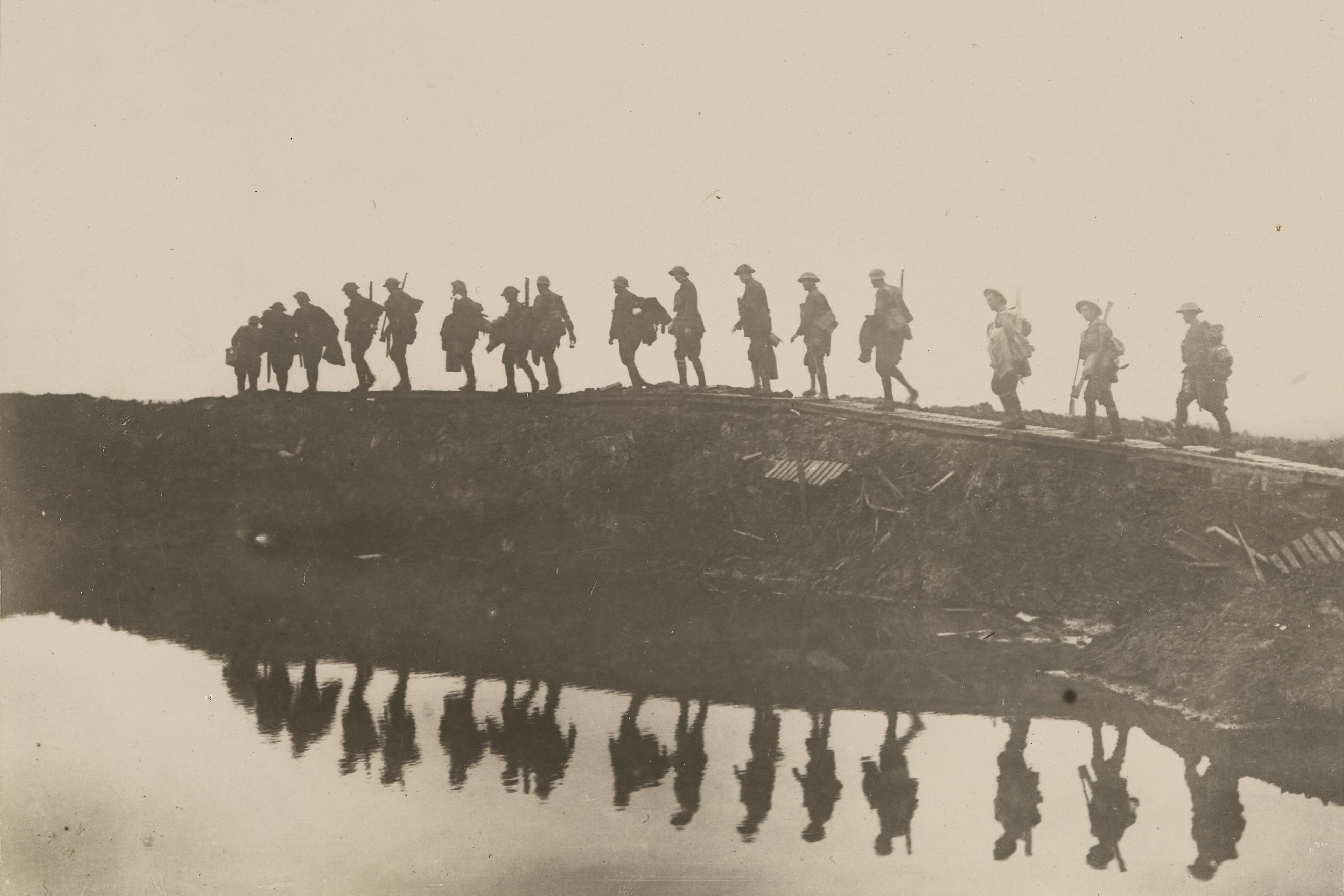
One woman’s six-word mantra that has helped to calm millions
Ahead of her time, yet largely ignored by psychiatry, Claire Weekes taught millions of readers how to overcome anxiety
by Judith Hoare

Ahead of her time, yet largely ignored by psychiatry, Claire Weekes taught millions of readers how to overcome anxiety
by Judith Hoare
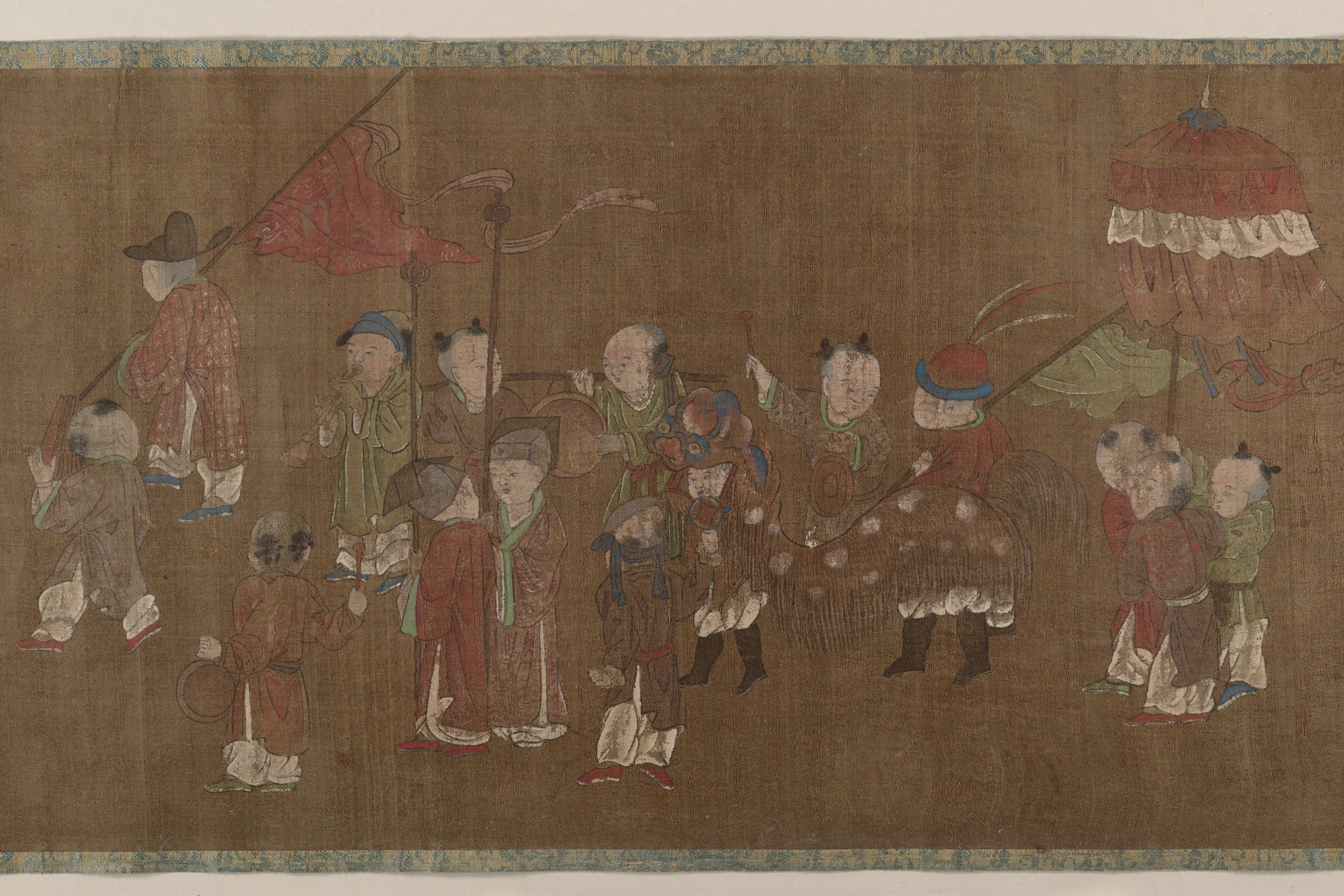
The early Chinese philosophers knew that a healthy mind comes from a harmonious community, not a matter for individuals alone
by Alexus McLeod
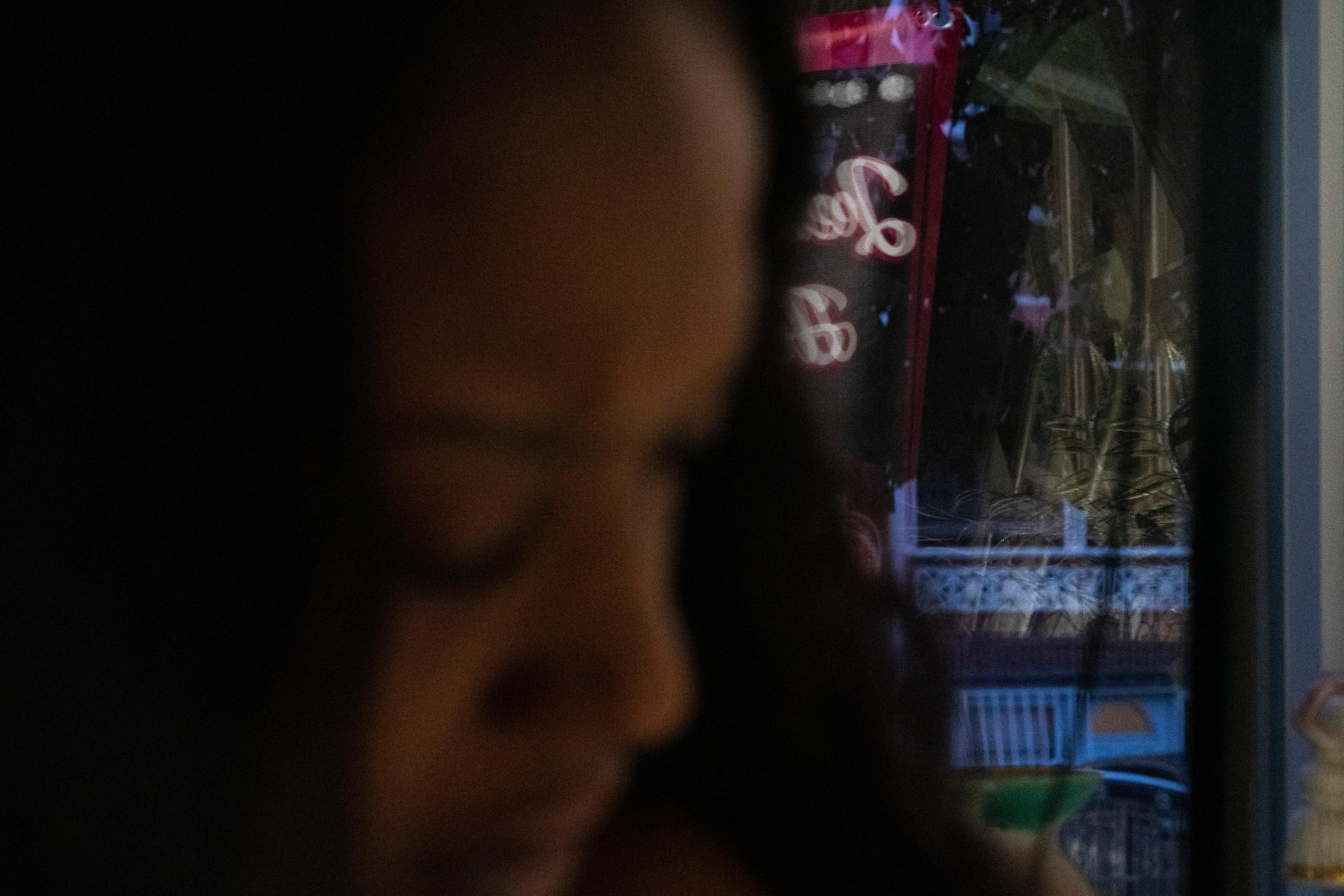
Mental disorders are usually seen as the causes of symptoms. In the network perspective, symptoms are causes themselves
by Richard J McNally

For Donald Winnicott, your psyche isn’t just in your head – it emerges from your relationships with others and the world
by James Barnes

Long considered a sign of mental illness, ‘pareidolia’ or seeing patterns in randomness might be a useful measure of creativity
by René Müri & Nicole Göbel

Where is Frantz Fanon’s postcolonial ‘new man’ to be found in the persistence of psychiatric institutions in the Arab world?
by Joelle M Abi-Rached
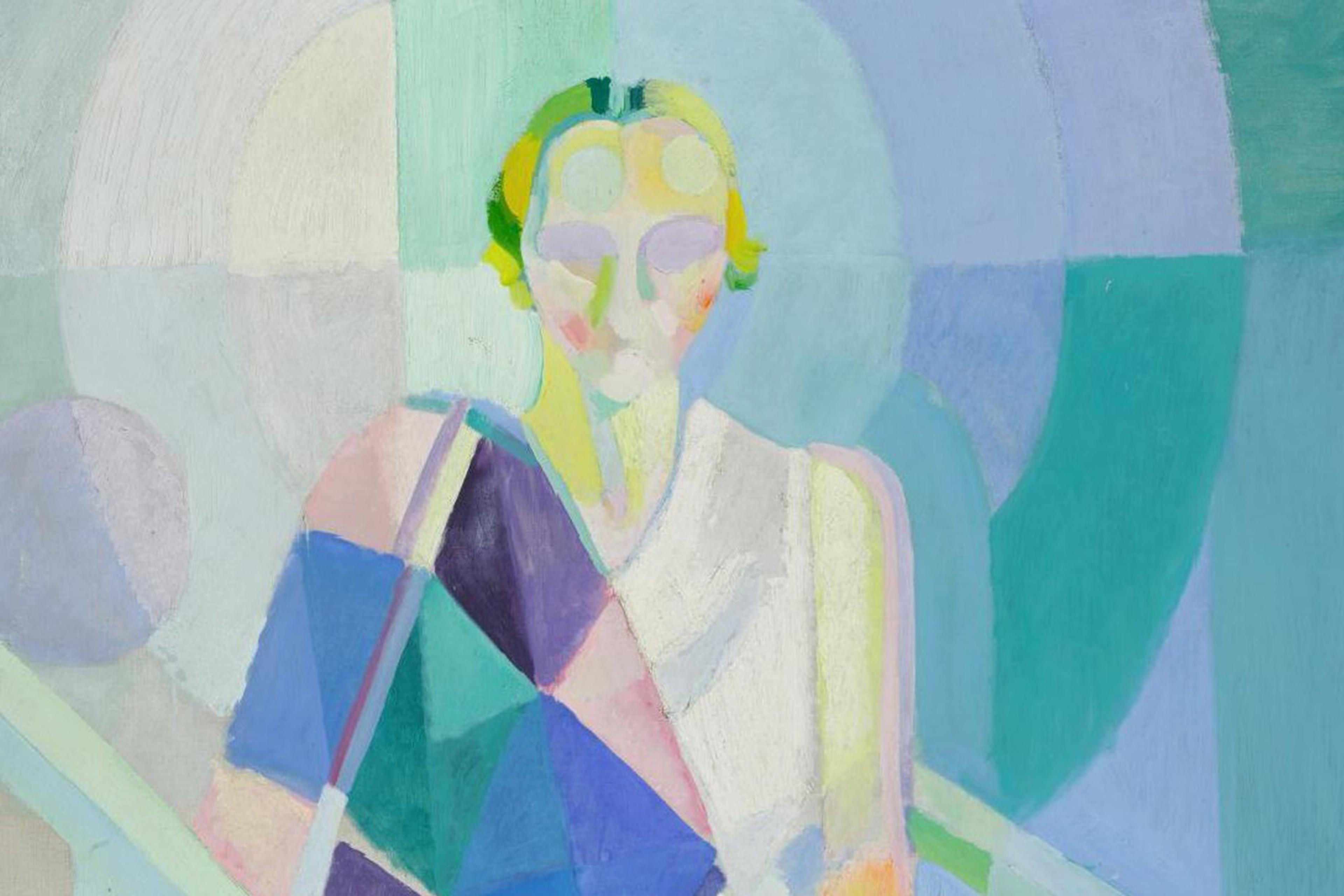
With stigma and misunderstanding surrounding mental health, it’s vital to know the benefits and limits of a formal diagnosis
by Awais Aftab
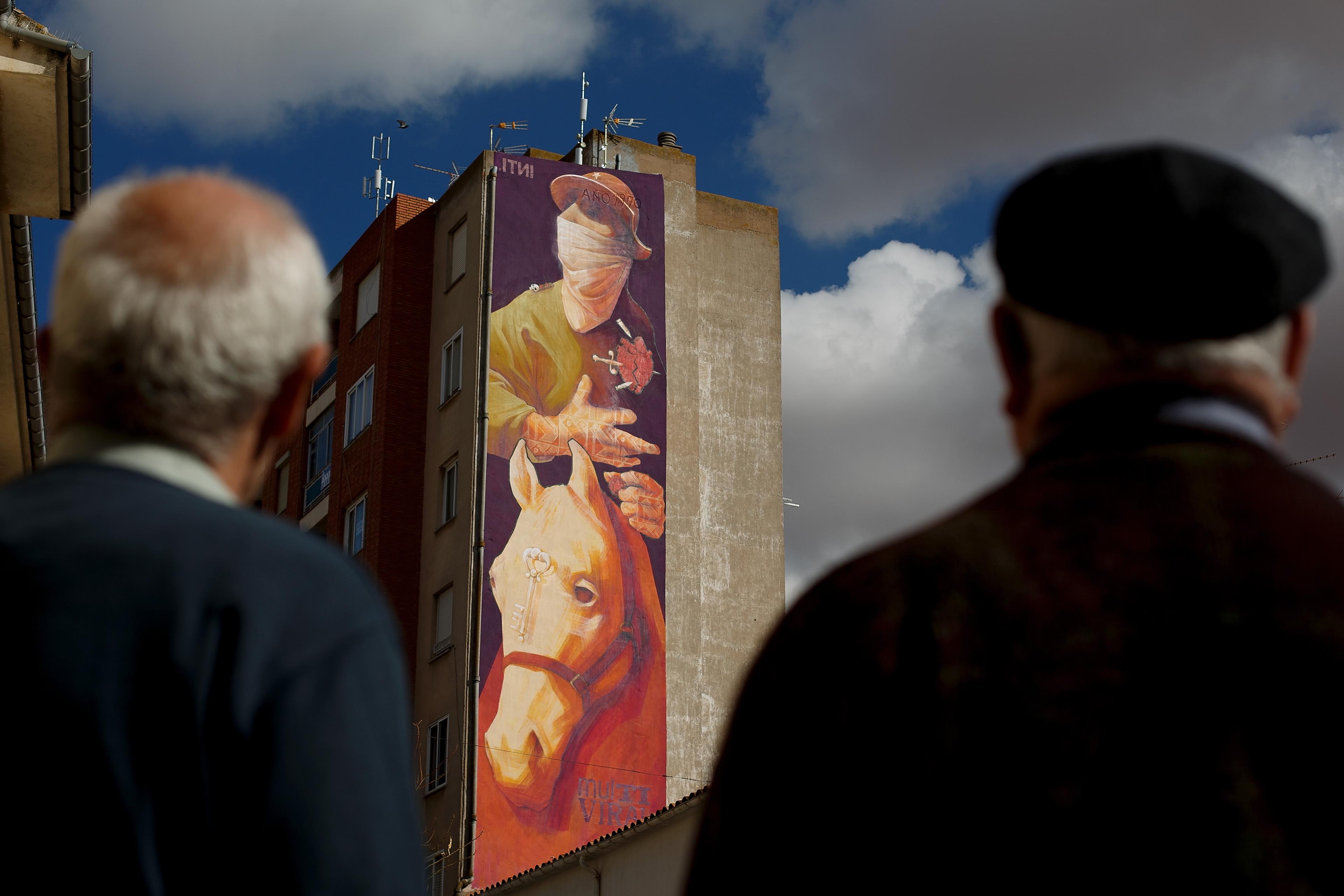
Beliefs have a social purpose. To understand delusions, let’s focus on why they’re so often about other people
by Anna Greenburgh

In the sensory and communal modes of healing that people have used throughout history, there is guidance for today
by Mariem El-Kady
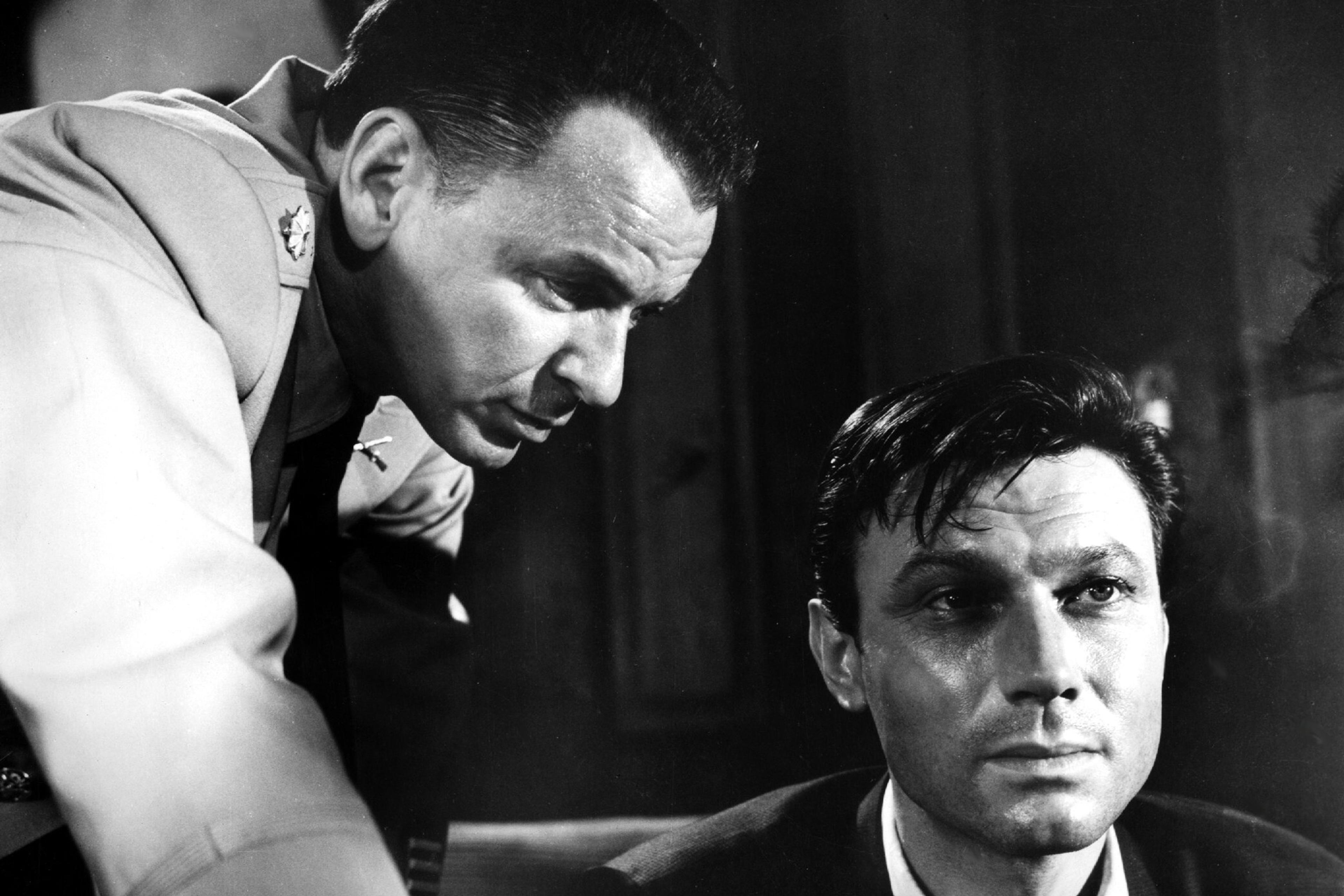
Scientific research and historical accounts can help us identify and dissect the threat of ‘coercive persuasion’
by Joel E Dimsdale
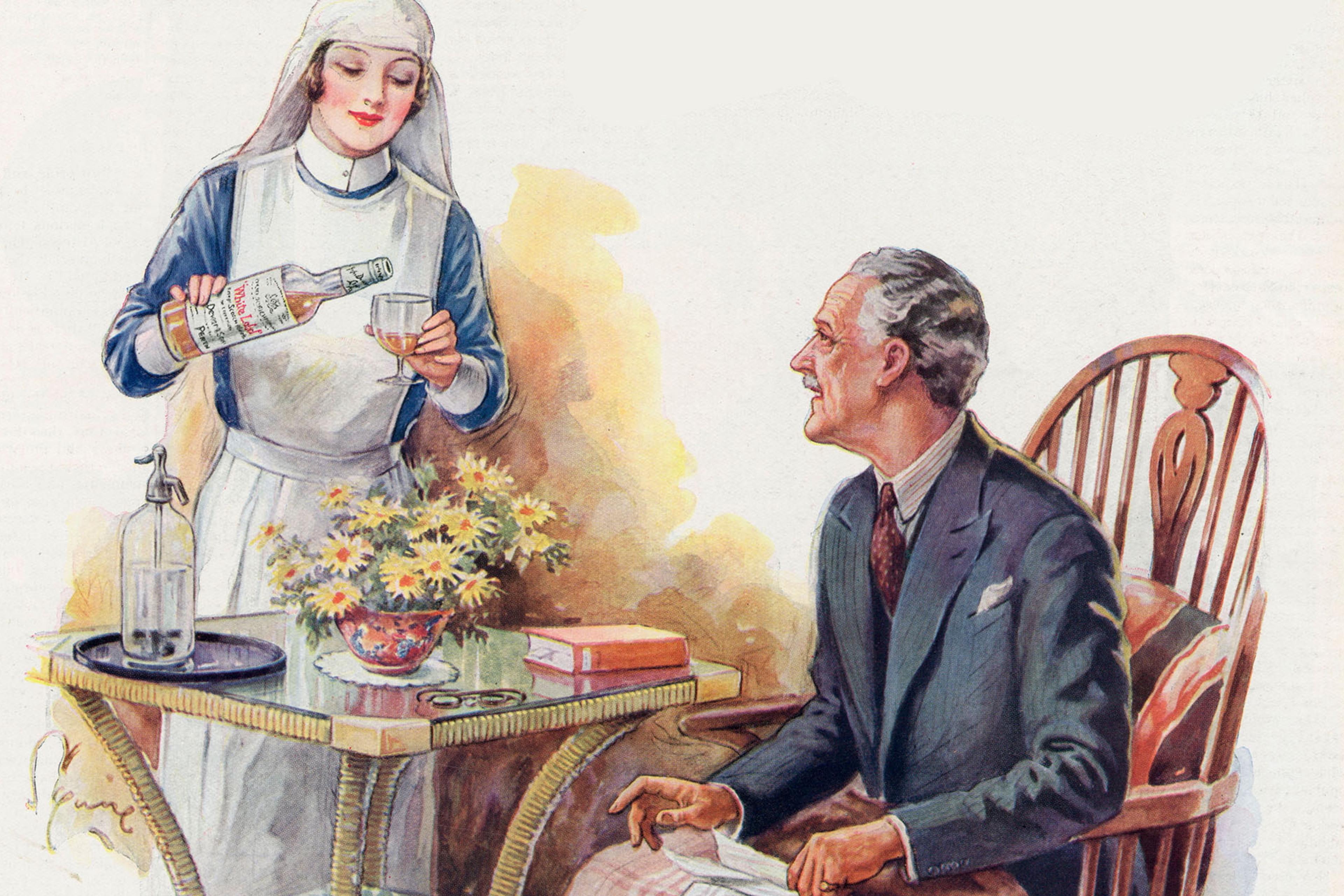
Empirical studies tell us about treatment outcomes, but they overlook the cultural dynamics that can help us feel better
by Ana Todorović
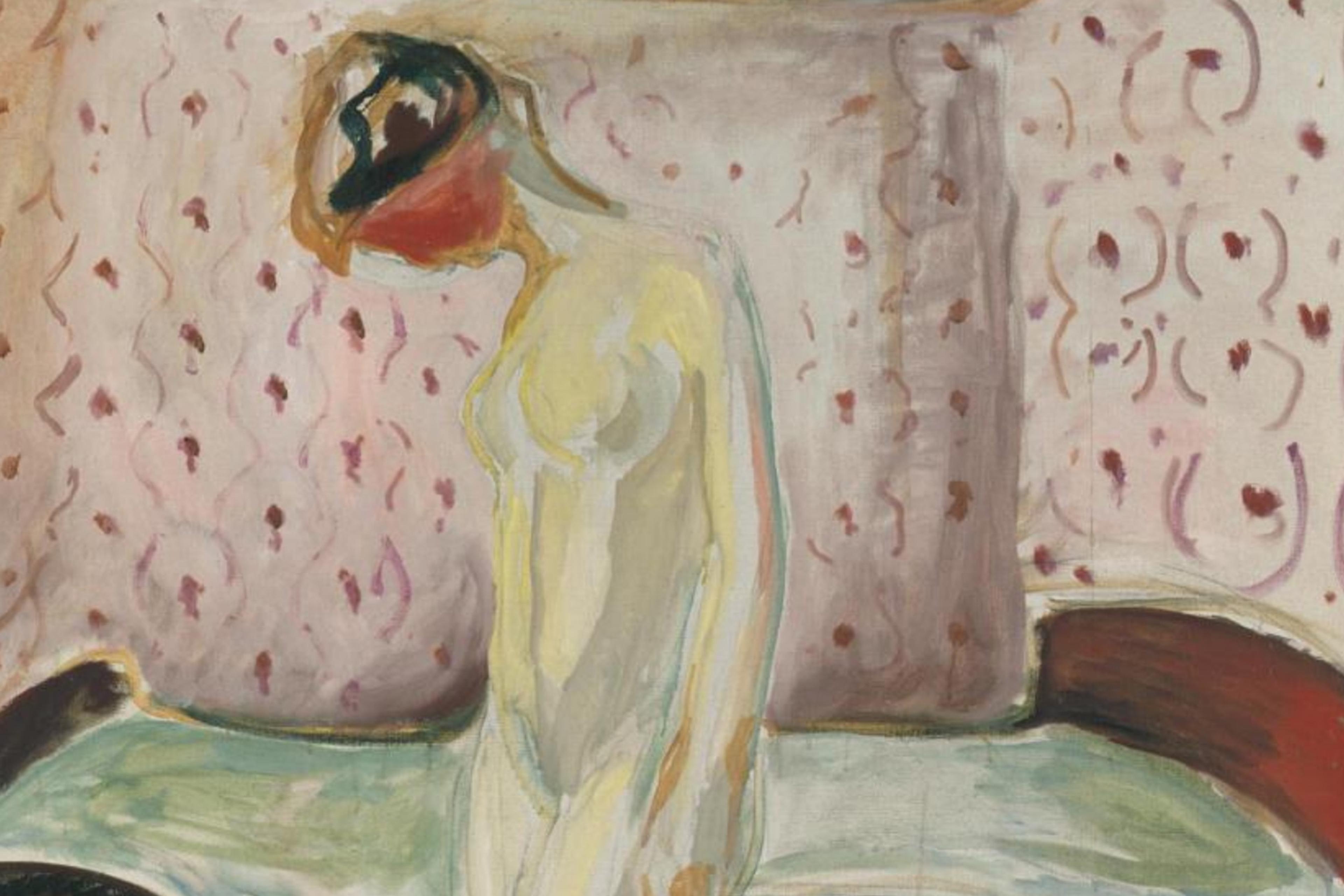
How phenomenological tools can help foster a relationship of true listening between clinicians and people with psychosis
by Rosa Ritunnano & Kasim Qureshi

Unemployed and isolated, the residents of a hikikomori rehab centre hold up a mirror to a society that’s failing them
by Alain Julian
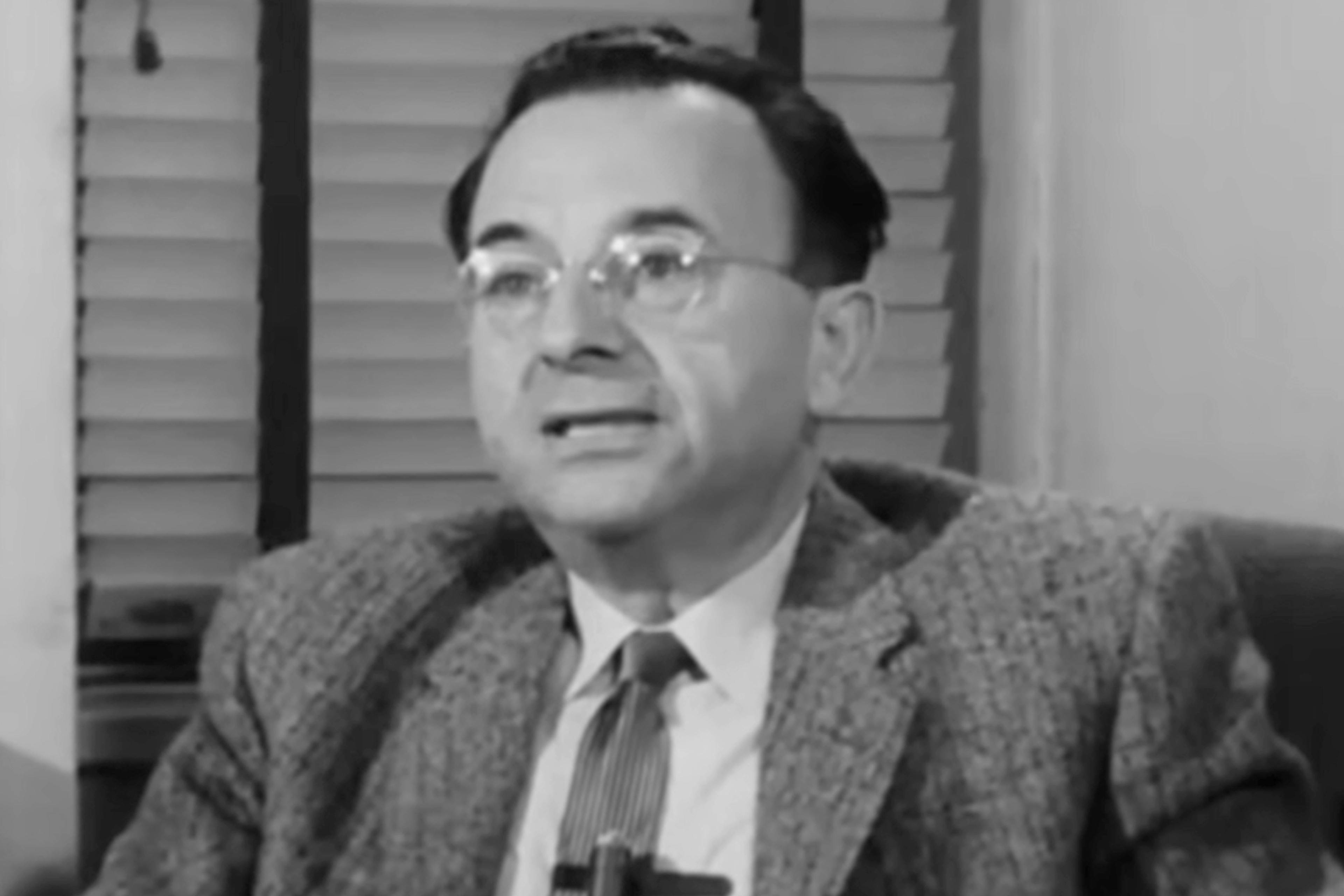
Video by The Search for America
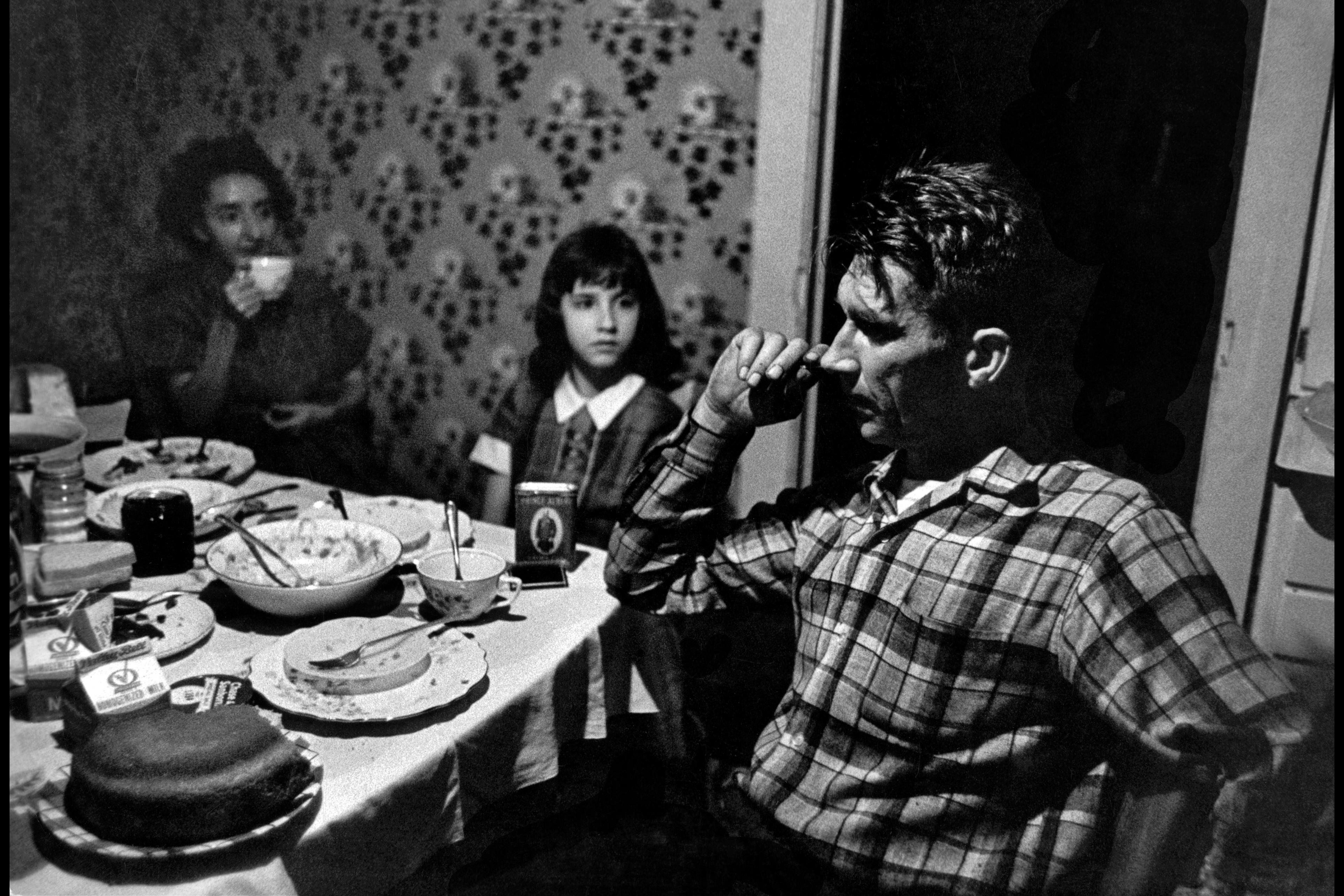
Decades ago, pioneering research linked mental illness and economic deprivation. It’s time to take the implications seriously
by Matthew Smith

Trauma encompasses a variety of experiences and manifests in many ways. But there are risks to stretching the concept too far
by Ahona Guha